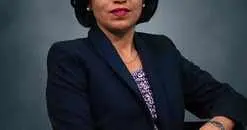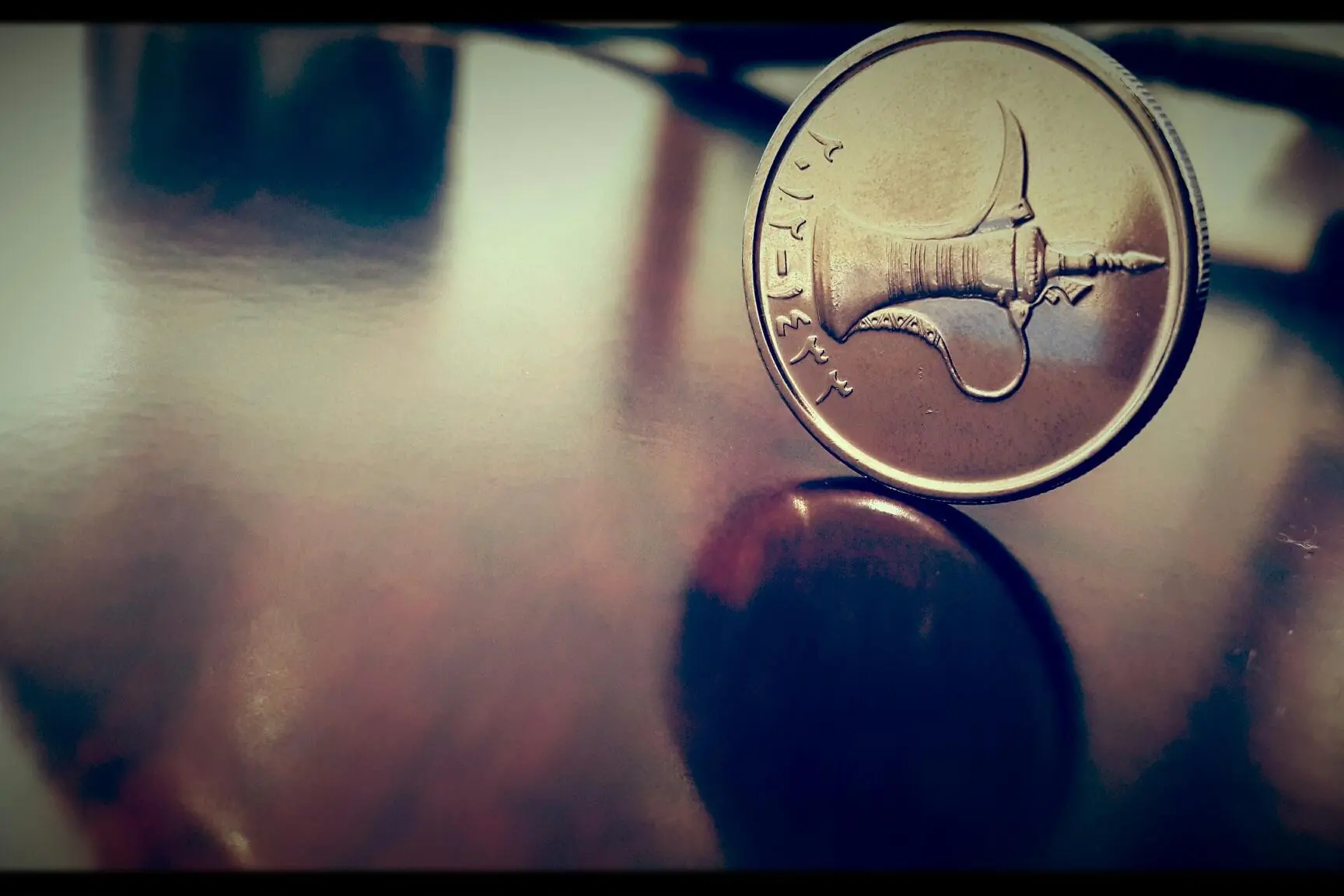PHOTO
In a wide-ranging interview Anita Yadav, CEO of Century Financial, picks the investment opportunities available in the UAE.
What would be the top 5 investment opportunities for investors in UAE for 2020?
Right now in the UAE there is no single asset class that really stands out, but there’s no asset class that is to be avoided either. Everything has its pluses and minuses and within those asset classes you can pick and choose the winners.
Although returns on the Dubai Financial Market and the Abu Dhabi Securities Exchange have been less than stellar this year, I would say there is a strong case for being invested in equities. Among the listed stocks I find value in some of the upcoming newer sectors, say for example, delivery companies, or companies with credible track record like Air Arabia, Aramex, Emirates NBD or DEWA.
In the fixed income space, since the bulk of the bond market here is dollar denominated, whatever happens to the US interest rates will have an impact on bond portfolios. As US interest rates seem to be on hold right now, the risk of either making capital loss or capital gains is limited. But if you buy bonds issued by government related entities or solid companies you can get a steady return of between 3-5 percent via coupon collection.
With regard to real estate, there is a lot of negative sentiment and perception attached to the sector right now. Having said that, if you avoid the volatile high-end segment and just focus on the medium-to-lower range properties--one or two bed apartments in Greens or Discovery Gardens etc. —where occupancy rates haven't fallen dramatically and the demand is more sustainable, a rental yield of 6-7 percent is possible.
With the dirham pegged to the US dollar, the returns will be in the 5- 6 percent range even in dollar terms. Therefore, I would advise parking 15-20 percent of the portfolio in low-to-medium segment real estate.
The fourth asset class, like private equity or start-ups, is not very deep in the UAE. But a commodity, like gold, is always a good option as it is a safe haven asset.
Right now, with the global growth on a slowing trend, gold is probably positioned for strengthening from here.
What kind of portfolio profile would you recommend for investors here within asset classes?
I suggest a balanced portfolio and by that I mean up to 40 percent in equities, 30 percent in bonds, 20 percent in real estate and 10 percent in others (gold or cash)
This is just a simple balanced portfolio; we are not convinced that any particular asset class needs to be overweight or underweight at this moment.


Anita Yadav, CEO of Century Financial
What is the returns ecosystem at the moment? Are there any particular trends that could trigger portfolio returns in the coming years?
Last year GCC bonds gave double-digit return. However, I don’t see any possibility of double-digit returns on any of the investable assets classes in our base case scenarios. Assuming there are no unforeseen developments, yield on assets would range between 4-8 percent. On bonds, the return is between 3-5 percent, on real estate you can expect 5-7 percent which is rental yield, and equities will be below 10 percent.
Gold should do quite well, returns should be more than 5 percent but it's hard to say how much.
How much demand is there from local investors for global/offshore equities and assets?
In the last two to three years neither the property nor the equities markets have done very well here. In the aftermath of the default by Abraaj, the private equity market is also subdued. Therefore, people who have money to invest have explored international markets quite substantially in the recent past and continue to do. However, even internationally, yield on bonds is low. There is $17 trillion worth of bonds today which have negative yield.
Therefore, while investors have looked overseas, there aren't very many attractive investment options outside either. Though capital may have moved out, there is no evidence of large scale capital flight out of the region.
Geopolitical events are weighing on investors globally and causing widespread uncertainty. How do you think this will affect the UAE?
Geopolitical events cause knee jerk reactions but unless they translate into some kind of massive military conflict that can affect economies, most political talk tend to be just that: talk. In the long-term this does not affect investments much.
But what such events cause is short term volatility, which for the smart long term investor means buying and selling opportunities. They should view them as opportunities to position themselves for the longer term.
At the moment, from a geopolitical perspective, the Middle East region and the UAE look reasonably stable relative to historical trends.
Do you think that markets are moving towards a period of higher volatility and there are good reasons to be cautious in 2020?
I actually think we're in a better position right now than we were one year ago.
The factors which are causing volatility are oil prices, trade sanctions, Brexit, possibility of military conflict, and economic slowdown.
Trade talks seem to have de-escalated between the China and the US. On Brexit, the world is waiting for the results of UK elections, but markets appear largely sanguine. On oil, people have accepted that prices are not going to be in the three-digit range in foreseeable future, and even within the two-digit range, I think the market expectation is somewhere between $50-70 per barrel. Major fluctuations in oil prices are unlikely.
Elsewhere, the political landscape in the Middle East also seems to have become a little bit more stable. Economic growth in the region seems to have plateaued and is likely to pick up from here. So in a way, the factors that were a root cause of volatility have become more manageable looking into 2020.
I, therefore, expect volatility to reduce. The VIX index, which is the measure of volatility, is currently at 14-15 and I expect that to come down to 12-13 range.
(Writing by Brinda Darasha, editing by Seban Scaria seban.scaria@refinitiv.com)
Our Standards: The Thomson Reuters Trust Principles
Disclaimer: This article is provided for informational purposes only. The content does not provide tax, legal or investment advice or opinion regarding the suitability, value or profitability of any particular security, portfolio or investment strategy. Read our full disclaimer policy here.
© ZAWYA 2019





















